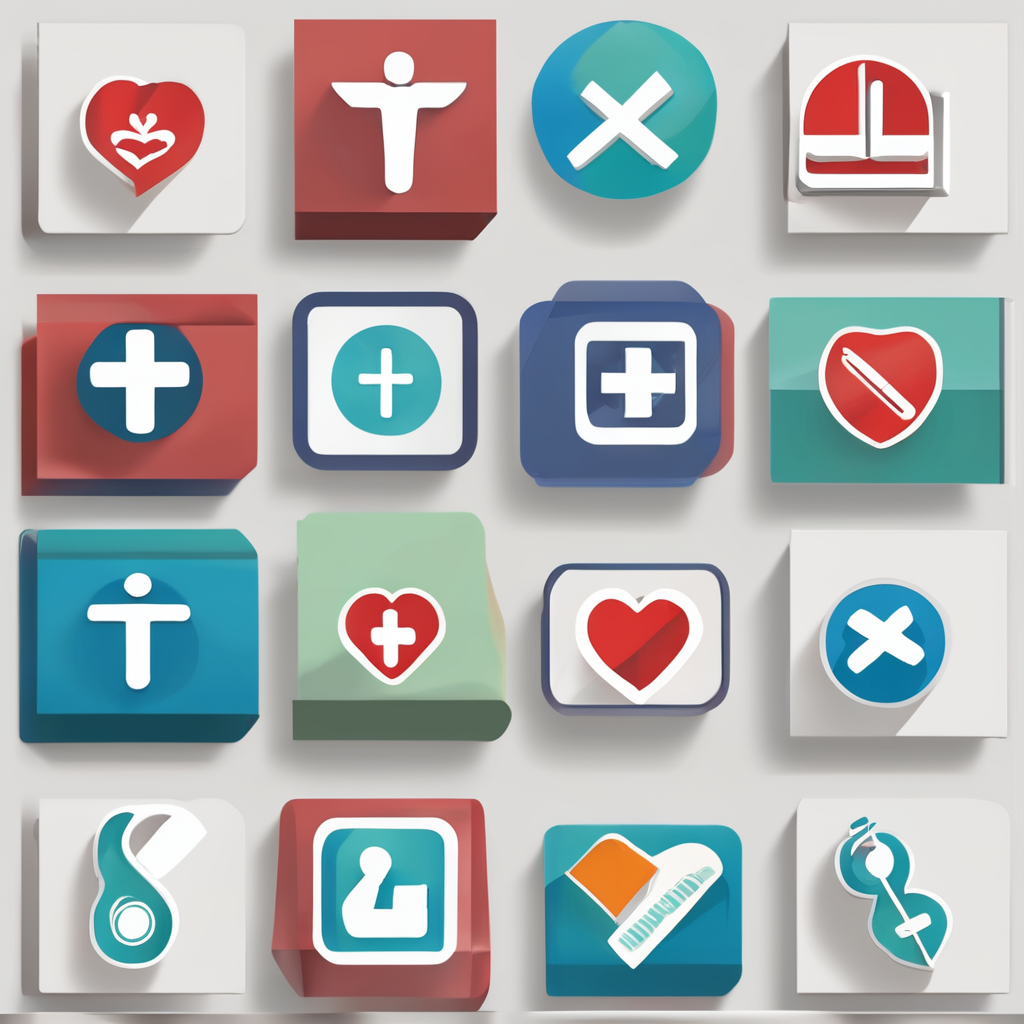Pregnancy brings with it a myriad of changes in a woman’s body. While the journey towards motherhood is rewarding, it often accompanies various discomforts that can be challenging to navigate. Among these, back pain and heartburn are common complaints. Understanding how to identify and manage these issues not only contributes to your overall health but also enhances your pregnancy experience. This article seeks to provide you with essential insights on recognizing these discomforts and effective strategies to alleviate them.
Identifying Back Pain During Pregnancy
Back pain is a frequent concern for many pregnant women, particularly as the pregnancy progresses through the trimesters. The causes of this discomfort are varied and can range from hormonal changes to physical stress on your body.
Topic to read : How can prenatal yoga contribute to physical and emotional health during pregnancy?
As your baby grows, your body naturally shifts to accommodate this new weight. This might lead to a change in your posture, causing strain on your back. Additionally, the hormone relaxin, which is released during pregnancy, helps soften your ligaments, but it can also lead to instability in your lower back. It is vital to recognize the symptoms associated with back pain, which can manifest as dull aches, sharp pains, or even tingling sensations.
You may also observe that certain activities exacerbate the discomfort. For instance, lifting heavy objects or standing for prolonged periods can intensify pain. It’s important to pay attention to these changes and how they relate to your daily activities. Identifying these triggers helps you take proactive steps to manage your discomfort.
Also read : How can prenatal yoga contribute to physical and emotional health during pregnancy?
Moreover, knowing when to seek help is crucial. If your back pain becomes severe, persistent, or is accompanied by other symptoms such as stomach pain or changes in your ability to move, consult your healthcare provider immediately. Effective communication with your care team about your symptoms is essential for your well-being and the health of your baby.
Understanding Heartburn in Pregnancy
Heartburn is another common discomfort that many pregnant women experience, especially in the later stages of pregnancy. This condition occurs when stomach acid flows back into the esophagus, leading to a burning sensation in your chest or throat. The physical changes in your body during pregnancy can make you particularly susceptible to this condition.
As your baby grows, it exerts pressure on your stomach, which can push acid upwards. Hormonal fluctuations also play a significant role in causing heartburn. The hormone progesterone relaxes the muscles in your digestive tract, making it easier for acid to escape. Being aware of these factors can help you pinpoint when you might be most at risk of experiencing heartburn.
Common symptoms include a burning sensation after eating, discomfort while lying down, or a bitter taste in your mouth. To manage heartburn, it’s essential to make certain lifestyle adjustments. Eating smaller, more frequent meals can help reduce pressure on your stomach and prevent acid buildup. Additionally, avoiding certain foods known to trigger heartburn, such as spicy dishes, citrus, and caffeine, can provide significant relief.
Staying upright for at least an hour after eating can also help prevent acid reflux. You might consider using extra pillows while sleeping to keep your upper body elevated. If your heartburn persists or becomes severe, consult your healthcare provider to explore more effective treatment options.
Practical Tips to Alleviate Back Pain
Managing back pain during pregnancy requires a combination of self-care strategies and professional guidance. First and foremost, maintaining good posture is crucial. As your pregnancy progresses, be conscious of how you sit, stand, and move throughout the day. Using supportive chairs and pillows can make a significant difference.
Incorporating gentle exercises specifically designed for pregnant women can also strengthen your back and improve flexibility. Activities such as prenatal yoga or swimming are excellent options. These exercises can not only alleviate discomfort but also promote relaxation and help you connect with your baby.
Pay attention to your body and listen to its signals. If specific movements cause pain, modify them. For instance, when lifting objects, bend at your knees rather than at your waist to protect your back. Wearing supportive footwear and avoiding high heels can also contribute to reducing strain.
If your pain persists, consider consulting a physical therapist who specializes in prenatal care. They can provide tailored exercises and techniques to relieve discomfort. Massage therapy can also be beneficial, as it targets muscle tension and promotes relaxation. Discuss these options with your healthcare provider to ensure they align with your overall prenatal care.
Effective Ways to Manage Heartburn
To effectively manage heartburn during pregnancy, consider making dietary modifications that can significantly reduce your symptoms. Keeping a food diary may help you identify which foods trigger your heartburn, allowing you to avoid them. Common culprits include fried foods, chocolate, caffeine, and carbonated beverages.
In addition to dietary changes, timing your meals strategically can also play a role. Eating smaller meals more frequently throughout the day prevents overfilling your stomach, which can alleviate pressure and reduce the risk of acid reflux. It’s also wise to avoid eating too close to bedtime; aim for a gap of at least two to three hours before lying down after dinner.
Hydration is essential, but how you drink matters too. Instead of gulping large amounts of water at once, sip small amounts throughout the day. This prevents excessive stomach distension, which can contribute to heartburn.
If lifestyle changes do not provide relief, over-the-counter antacids may be used with caution. Always consult your healthcare provider before taking any medication during pregnancy. They can guide you on what’s safe and effective based on your individual situation.
When to Seek Medical Advice
While many discomforts like back pain and heartburn are common in pregnancy, it is crucial to know when to seek medical help. If you experience severe, persistent, or worsening pain, do not hesitate to contact your health care provider. It’s essential to rule out any serious conditions that may require immediate attention.
Additionally, any new or unusual symptoms, such as bleeding, severe headaches, or vision changes, should prompt an immediate consultation. These could indicate complications that need to be addressed promptly.
Always prioritize open communication with your healthcare team. Discuss your discomforts and any strategies you have tried for relief. They can provide guidance tailored to your pregnancy and recommend appropriate treatments or referrals if needed.
Remember that each pregnancy is unique. What works for one woman may not work for another. Trust your instincts and advocate for your health and the well-being of your baby. By staying informed and proactive about your discomforts, you can navigate your pregnancy journey with more confidence and ease.
Pregnancy is an incredible journey filled with joy and expectant anticipation. However, it often comes with its fair share of discomforts like back pain and heartburn. By understanding the causes and recognizing the symptoms of these issues, you can implement effective management strategies to alleviate discomfort.
Making thoughtful lifestyle adjustments, such as improving your posture, modifying your diet, and staying active, can help you navigate these challenges. Always stay in touch with your healthcare provider to ensure your strategies are safe and suited to your unique needs.
Ultimately, your ability to identify and manage these common pregnancy discomforts can contribute to a healthier, more enjoyable experience as you prepare to welcome your baby.











